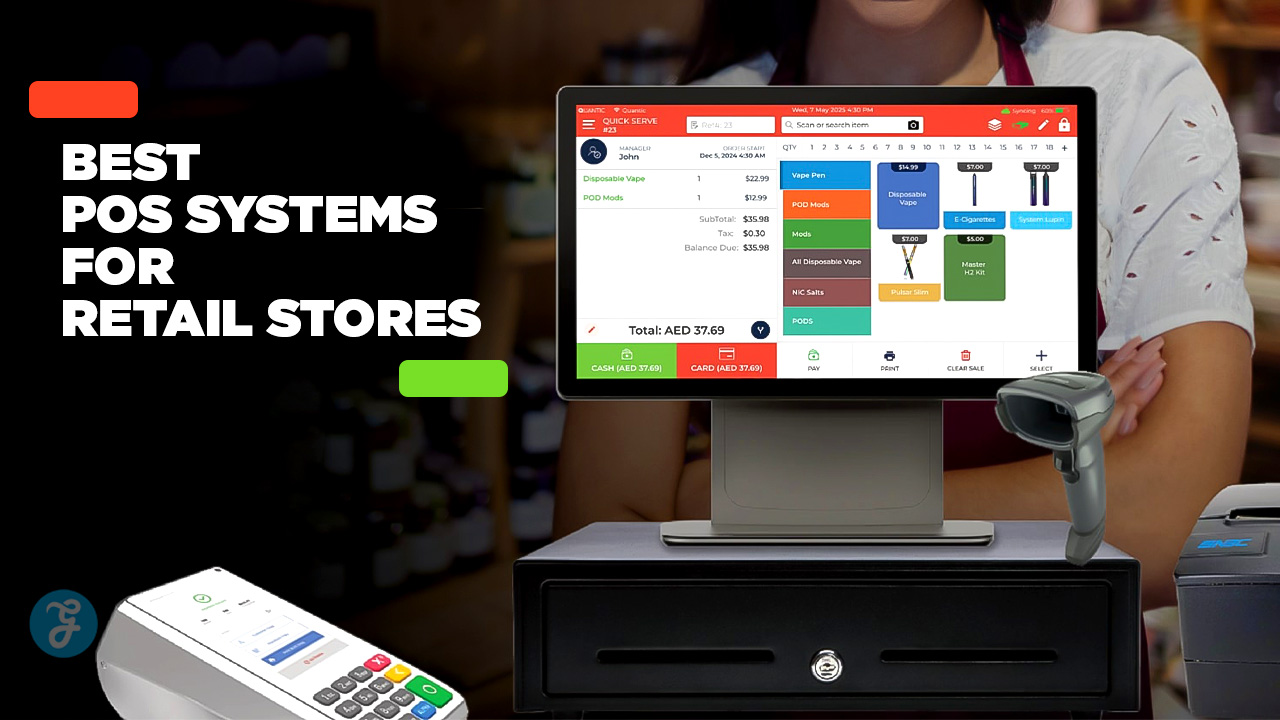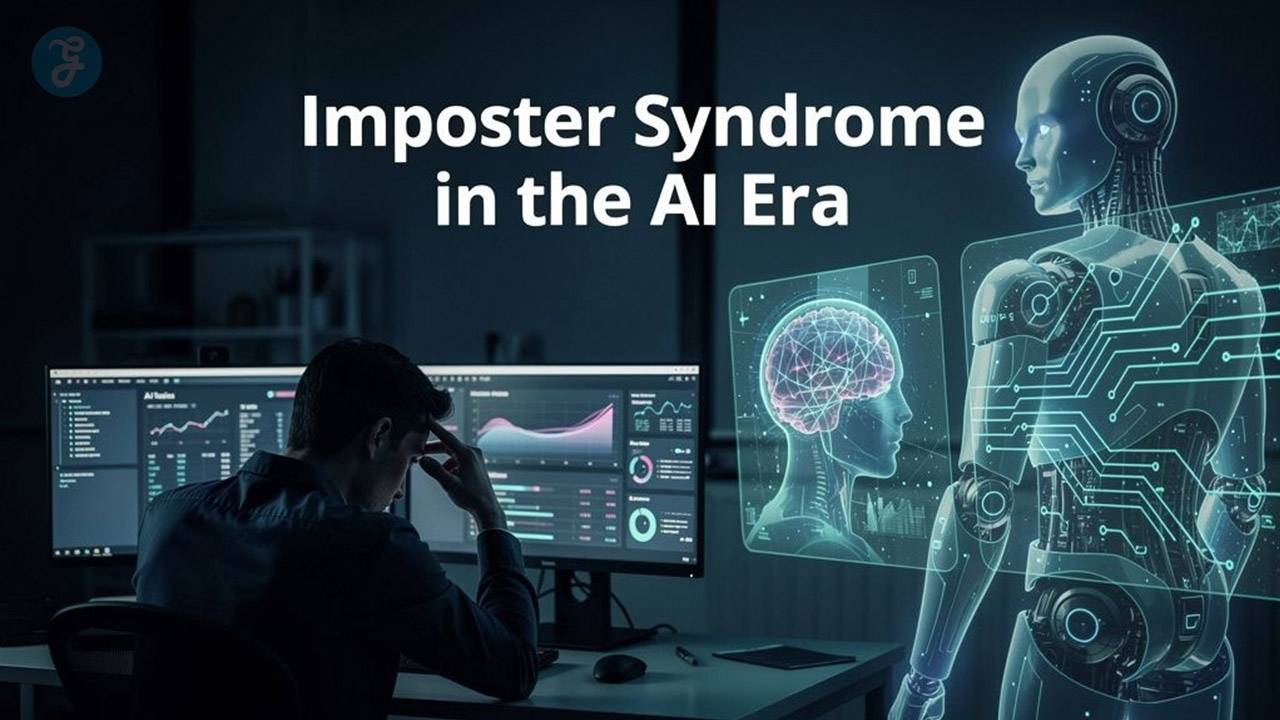To achieve business expansion and success companies must reach customers abroad. A company’s ability to enter new geographical markets becomes limited by language and cultural differences.
Accurate message delivery combined with complete content transfer and semantic transmission function become possible through the translation services of certified translators. Working with accredited translators along with translation companies lets businesses move forward confidently into international markets through language barriers.
Enabling Localization for International Relevance
Locating a product or service requires adapting it to fit specific language requirements while integrating cultural sensibilities and achieving local visual preferences. International marketing depends on localization as its fundamental element, which expands beyond translation to deliver better results in foreign markets.
The successful implementation of localization demands a detailed understanding of dialects alongside local aesthetic preferences and graphical elements, as well as date and address formatting conventions, measurement systems, and culture-specific illustrations.
Certified translators possess specialized training to handle localization projects deftly. They understand best practices for adapting text, products, digital content, brands, and other properties. Rather than just swapping words between languages, certified translation professionals effectively localize messaging to make it culturally relevant. This helps build positive perceptions and encourage adoption in intended foreign markets.
Conveying Trust and Nuance
Succeeding abroad also requires communicating clearly, subtly, and attentively. Certified translators are advanced and fluent in the languages they translate to and from. This allows them to find the closest corresponding terms, idioms, phrases, and tones between languages to convey implied meaning and sentiment.
For many companies, distinctly communicating brand voice and persona to customers is also vital. Professional translators can adeptly transpose unique messaging qualities like humor, warmth, prestige, innovation, and other attributes that are claimed to be core differentiators. Preserving these vital sentiments builds offshore customer confidence and connections with offerings from unfamiliar providers and origins.
Accurate linguistics, along with cultural transfer, plays a critical role in legal and financial services because trust serves as their foundation. The ability to translate precisely with compliance standards allows organizations to maintain proper interaction with local regulators while fulfilling regulatory requirements to prevent market entry failures.
Framing Messaging and Offerings Appropriately
The essence of translation work involves strategic presentation and positioning of products for international consumer audiences. Products and services need appealing visual presentations worldwide to connect marketing messages with local cultural needs.
Professional translation helps appropriately frame business propositions for offshore markets. Through their training, certified linguists understand how to convey value, relevance and uniqueness to overseas consumers. This facilitates easier comprehension, interest building, desire for solutions, and willingness to purchase.
Meeting Localization Compliance
Every country has unique laws, regulatory standards and compliance for documentation instructions, requirements, products, labels, licenses, patents, contracts and more. Certified translators are indispensable for meeting stringent international localization directives across these areas.
Mistakes from inadequate translations can stop market access entirely or lead to problems, partner disputes, and costly reworks. Certified professionals stay abreast of the latest compliance rules and legal best practices for locales to keep companies continuously operating safely abroad. With innumerable regulations varying greatly between countries, relying on certified translators is prudent to avoid compliance infractions derailing international ambitions.
Avoiding Costly Errors
Lack of proper translation leads to content that produces embarrassing mistakes and offends the audience or remains difficult to understand. Multiple company properties, including website content, social media posts, advertisements, packaging and manuals, sometimes lose important meaning during translation. The resulting damage to brands, together with failed marketing efforts and lost partner relationships, requires costly post-failure recovery processes.
Professional human translation helps businesses prevent avoidable mistakes that lead to significant damage. Companies reduce unintended mistakes and prevent offensive content by achieving mastery of linguistic and cultural subtleties, which also helps them avoid misinterpretation and confusion. Brand protection measures are combined with effective cross-language communication delivery. While artificial intelligence translation tools have improved, they still cannot match certified professionals for accurate language transfers free of major errors.
The Certified Translation Difference
So how exactly does one become a certified translator qualified to enable enterprise international growth? What specific training, testing, tools and specializations are involved?
Rigorous Education and Examinations
Reaching certified translator status requires an uncommon mastery of languages gained through substantial immersive education. Certified professionals complete intensive multi-year foreign language programs, sometimes paired with relevant industry-specific education, such as legal, medical or technical degrees.
They subsequently pass a series of advanced proficiency examinations covering:
- Grammar.
- Vocabulary.
- Writing.
- Reading comprehension.
- Listening comprehension.
- Speaking ability.
- Cultural fluency.
- Subject expertise matter.
These comprehensive tests evaluate competency across critical facets of language. Passing demonstrates deep expertise in conveying ideas accurately between tongues.
Specialized Tools and Technologies
Certified translators are also fluent in modern translation technologies. They adeptly use software like computer-assisted translation (CAT) tools supporting advanced functionality like:
- Translation memory to recall past translations for consistency across documents.
- Terminology management is consistently used in industry and corporate glossaries.
- Quality checks comparing source and target content for errors.
- Formatting retention for graphics and complex text layouts.
- Project management with version controls, permissions and workflows.
The right tools combined with human discernment help certified translators produce foreign adaptations efficiently without losing reliability.
Subject Matter Specialists
While some certified translators specialize in general translation work, many focus on particular industries and content categories. Subject specialists translate intricate materials into their native languages by blending bilingual mastery with niche area knowledge.
For example, certified legal translators handle litigation, patents, contracts and other court-admissible documents. Technical translators adapt technical documentation, manuals, datasheets and complex research reports across languages. Medical expert’s translation accurately conveys terminology and standards for pharmaceuticals, clinical trials, medical devices and healthcare materials.
Choosing industry-focused certified translators ensures familiarity with specialized vocabulary, protocols, standards and expectations when translating highly technical subject matter. This prevents details from being lost to ignorance.
Embracing Language Diversity
Proficient human translators also regularly translate into and out of less common “exotic” languages with limited reference sources. By understanding multiple dialects and small languages, certified translation access opportunities are available in uncommon markets like Mongolia, Tunisia, or Latvia.
The advanced human linguistic range unlocks possibilities that machine translation lacks. AI is largely confined to translating major languages like English, Chinese, Spanish, Arabic and French. Professional human collaboration provides certified fluency for niche ethnic tongues and dialects.
Continuous Development
The skills of credibly certified translators continue to improve in the evolving global environment. Professional development keeps translators actively improving their language skills, cultural expertise, and subject knowledge while also building their modern tool competencies. Accurate cross-cultural communication maintains its highest standards because of continuous progress in this field.
Certified Translation vs Machine Translation
The advancements in artificial intelligence technology make companies think about using automated machine translation systems for their international operations. The external programming of algorithms performs text translation through machine functions instead of human expertise. Certified human translation stands as the most suitable solution for business needs despite its limited ability to handle basic situations.
Where Machine Translation Falls Short:
- Struggles with tone, sentiment and implied meanings.
- Fails to grasp linguistic nuances fully.
- Weaker for industry or niche terminology.
- Provides awkward, unnatural phrasing.
- Higher risk of major accuracy errors.
- No specialized expert human guidance.
- Limited cultural context and localization fidelity.
When translations are subpar, it weakens both the brand’s professional appearance and customer trust in organizations. The lack of strategic advice on offshore market messaging optimization remains a weakness of automated translation systems. The reduced costs of machine translation do not compensate for increased market risks and unexploited market opportunities.
Certified Translator Human Advantages:
- Nuanced language skills and cultural fluency.
- Industry specialization with niche vocabulary.
- Localization expertise for global relevance.
- Discerning language improvements.
- Identifies and corrects AI translation errors.
- Quality assurance practices.
- Strategic consulting beyond translation.
- Legal compliance and risk mitigation.
- Advanced software and technologies.
- Continuous development for sustainability.
The depth, strategic support, and specializations human-certified translators offer make them indispensable for global enterprises despite higher costs. Their quality and risk reduction justify the price premium.
Takeaways
Advanced education, examinations, technologies, specializations, and unrivaled human discerning skills make certified translators vastly superior to machine translators for global business purposes
Prioritizing certified translation across digital properties, social channels, advertising, documentation, products, and services allows companies to maximize opportunities abroad. With proper linguistic adaptations and strategic guidance, certified translation gives enterprises the best chance of profitably transcending borders.





































